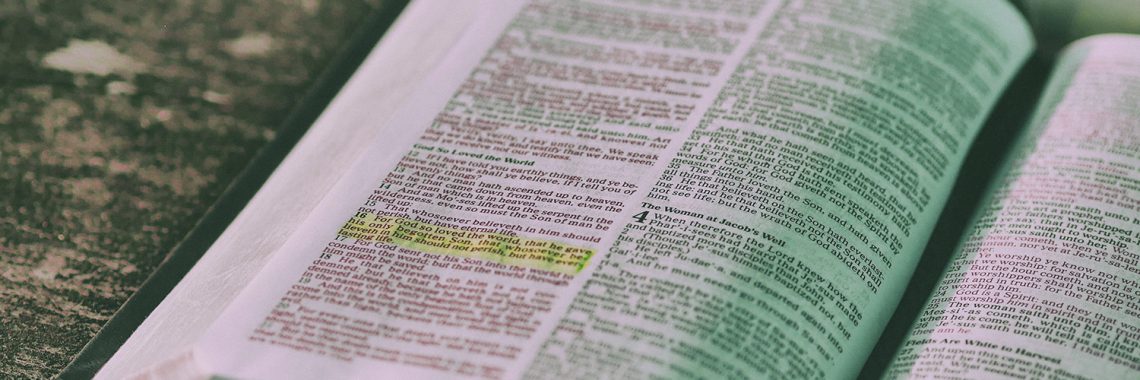Two rare events were predicted and expected to happen this year. One of them has already taken place; it was awe-inspiring for those who witnessed it, but it was short-lived, highly localised (though accessible to many by proxy thanks to the mass media) and had no serious consequences for anyone. I’m talking about the total eclipse of the Sun on 8th April. Unlike that one, the other rare event in 2024 takes place over the whole year, occurs in different places at different times of the year, and tends to inspire derision, disbelief or cynicism rather than awe. “2024 is not just an election year. It’s perhaps the election year. Globally, more voters than ever in history will head to the polls as at least 64 countries (plus the European Union) – representing a combined population of about 49% of the people in the world – are meant to hold national elections, the results of which, for many, will prove consequential for years to come.” (Time) Some of those elections are sham, a fig leaf covering autocratic or dictatorial governance. Other polls will democratically elect representatives of the local populace, either in the form of a powerful leader, a parliamentary gathering, or a mix of both. Regardless of their specific form, the election campaigns tend to focus on the leading figures much more than their manifestos. How many among us know at least the names of our local candidates for the forthcoming general elections? For better or worse, the leaders of the political parties will greatly affect our decisions at the ballot box, hoping that the country will be run by a good leader. Or, to use the biblical language, a good shepherd.
As social animals, we instinctively form a hierarchical structure. The idea of total equality is both commendable and unworkable. Over the centuries, a great number of social experiments have been carried out, creating communities of equals. Whether driven by religious or secular ideas, they all developed an informal or formal hierarchy sooner or later. Unless we are delusional, we recognise our own limitations and seek those who can help us overcome them by proxy, offering their superior talents and skills for the greater common good. Such benevolent leaders can inspire, motivate, encourage, spur and guide their wards to reach higher levels of advancement, either personal or collective, or – usually – both.
“I am the good shepherd.” The image Jesus uses in today’s gospel to describe his role isn’t particularly apt in our corner of the world. Although there are an estimated 7 million sheep in Scotland, their husbandry is fundamentally different from the practices of the ancient Middle East. So, instead of reading too much into the literal interpretation of the allegory, we must focus on its metaphorical meaning. The main theme in the passage we heard today is Jesus’ utter devotion to his followers, demonstrated by repeating five times in this relatively short passage: “I lay down my life for my sheep.” The reason for such an ultimate dedication was given by Jesus a bit earlier in His speech: “I came that they may have life, and have it abundantly.” (John 10:10)
Jesus tasked His Church with carrying out this mission over the centuries and generations. Innumerable popes, bishops, priests, deacons and religious have dedicated their lives to bringing the divine life to the faithful through the sacraments, teaching and instructing by word and example, ministering to those in need and so on. Though most of them have striven to follow in the footsteps of the Good Shepherd as closely as possible, none of them has ever been perfect. It is also true today. That’s why each year, on the Fourth Sunday of Easter, we hold a worldwide Day of Prayer for Vocations so that those called to participate in the mission of the Good Shepherd may remain faithful and motivated to fulfil it to the best of their abilities. We pray for new brave hearts and minds to respond to God’s call courageously, embrace it lovingly and embark on a journey to become the true, undimmed reflection of the Good Shepherd, ready to repeat in word and deed: “I lay down my life for my sheep.”

